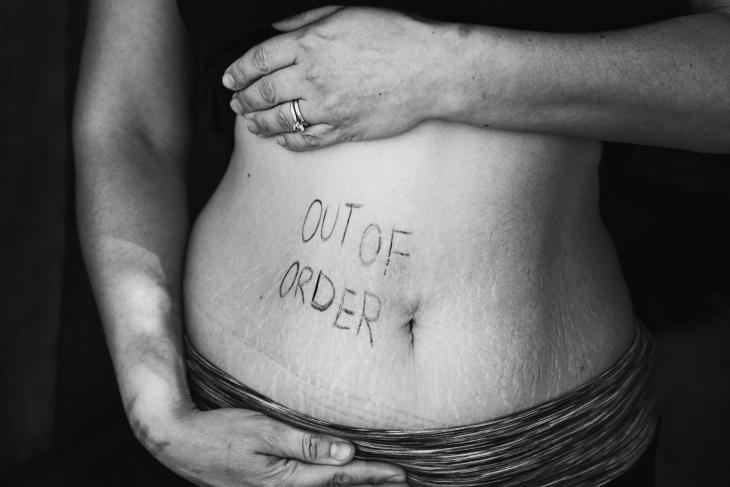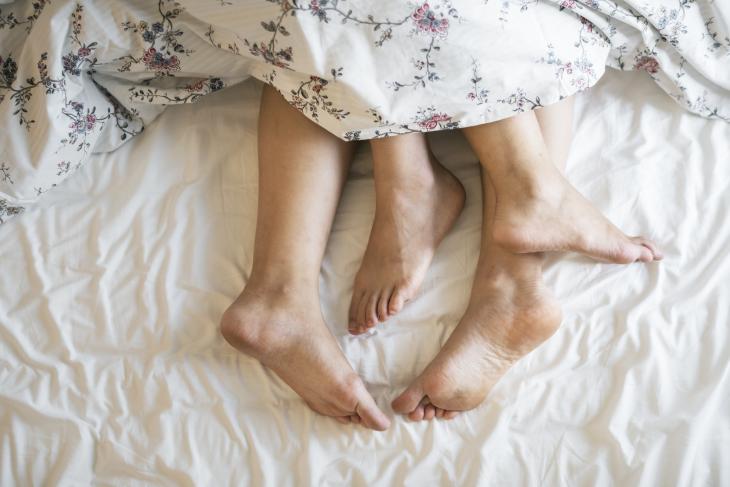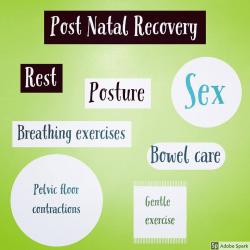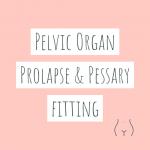Top tips for Postnatal Recovery
Here at the clinic, we normally advise new mums to come and see one of the team for a Postnatal MOT around 6 weeks after giving birth. This gives your body the chance to settle down following delivery and will make our sessions a little more comfortable for you however, if you are worried about anything we are happy to see you sooner. Tracey and Fara are our postnatal experts, they are knowledgable, will fully assess you and are very lovely as well. You can read more about the assessment on the Mummy MOT treatment page.
We appreciate 6 weeks can seem like a long time after you’ve had a baby, and before you come to see us, we want to give you some handy tips that can help with your recovery initially and make you a little more comfortable whilst your body is working hard to get you back on your feet. Here are our 8 focus areas:
- Take plenty of rest!

Listen to your body and don’t feel guilty about lying down and putting your feet up (literally!) We find that women recover faster by starting out slower.
- Focus on your breathing

We find that many women have altered breathing patterns postnatally and we think part of this is due to the changes that happen physiologically during pregnancy; your rib cage lifts and separates, the diaphragm is pushed up by baby and then the placenta, extra fluid etc! It can take a while for the rib cage to settle back down and we find that new mums also like to suck their tummies in. Tensing your abdominal wall makes it very difficult to breathe naturally and can put pressure through your pelvic floor. Discomfort after abdominal surgery can also make some new mums nervous about taking deep breaths but these are supper important for our lungs and should be encouraged. We’d like you to try all sorts of breathing patterns following delivery; shallow, deep, feel your tummy move with your hands, breath into your hands to expand your diaphragm. Spend 1 minute a day for yourself, taking in some gentle conscious breaths.
- Try to maintain efficient posture

Now we don’t mean ‘sit up straight and pull your shoulders back.’ We believe that there are many different variations on posture that are suitable to you. Grow tall through your spine when you are standing and use pillows to help support the baby while you are feeding. Change positions frequently, your best posture is always your next posture.
- Start some gentle pelvic floor activation (even for mums who have had a c-section)

During pregnancy your body produces the hormone relaxin causing ligaments and muscles to soften. Women put on an average 13kg over those 9 months and this isn’t just the baby, it is the placenta, amniotic fluid etc so your body has had great deal more weight sitting on its pelvic floor than usual. Don’t know how to do one? Squeezy is a great app you can download and will explain what you need to do, we recommend you start with 3x 5 gentle contractions. After 6 weeks, we can start you on a proper programme.
- Look after your bowels

It is important to avoid constipation and adopt good pooping habits early on. Get yourself a small stool and get those knees high when you visit the toilet. This position allows your bowel to be in the optimum place for emptying. Make sure you stay well hydrated (esp. if you are breastfeeding.) DO NOT strain to empty your bowels. If your poop starts to get hard and cracked, visit your GP or one of the women’s health team at the clinic.
- Get moving gently

Walking is a great start. During the MOT we will give you clear advice about considered return to exercise.
- Abdominal recovery

You might want to come and see us earlier to discuss abdominal compression options especially if you have had twins, a big baby, have been told you have a separation, or you have struggled with regaining your abdominal shape following previous pregnancies. The earlier we manage your abdominal separation the better (e.g. the first 3 months is the best window of opportunity). You can be fitted for compression support to be worn post delivery from 36 weeks into your pregnancy. We love the SRC recovery shorts or EVB which also provide perineal support.
- Return to sex

Understandably many women get anxious about resuming sexual intimacy after giving birth. Hormonal changes and the rigour of motherhood we recommend a good quality lubricant to combat postnatal vaginal dryness, like Sylk.
If you have any questions, please do get in touch with one of the team. We look forward to welcoming you at your postnatal MOT appointment. It doesn’t matter if your delivery was 6 weeks or 6 years ago, the important thing is to get checked.
Tracey and Fara
Our Barnes Clinic
Our clinic is located in Barnes, South-West London and is easily accessible by public transport.
For more information including parking and other practicalities see our Barnes clinic page
Book an Appointment
Booking an appointment with one of our therapists is quick and easy. There is no long waiting time and you don’t need a referral from your GP.









